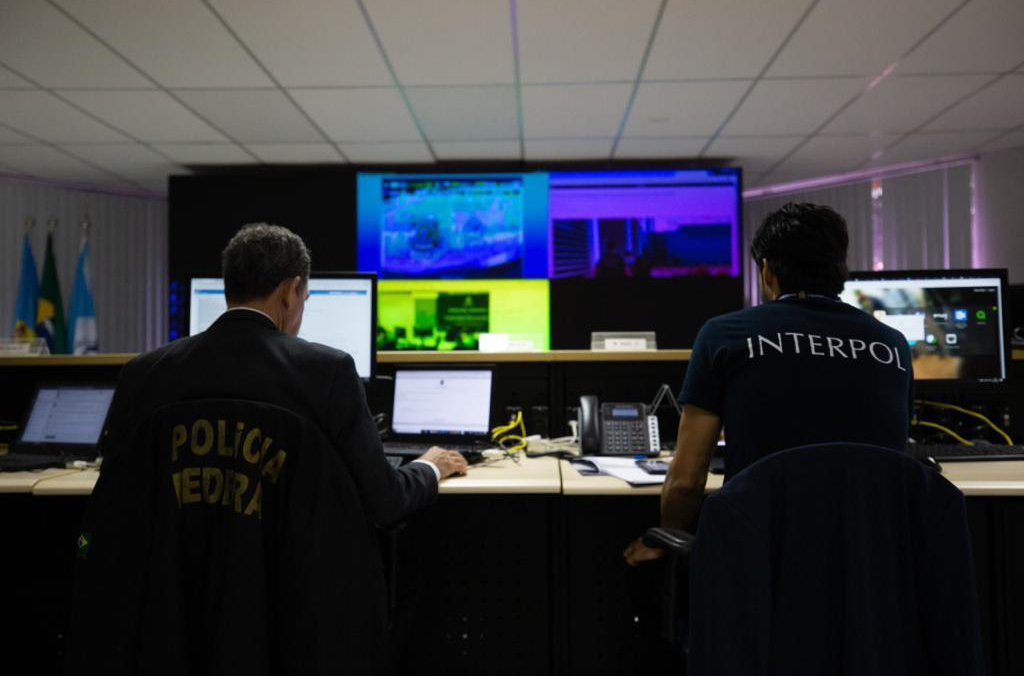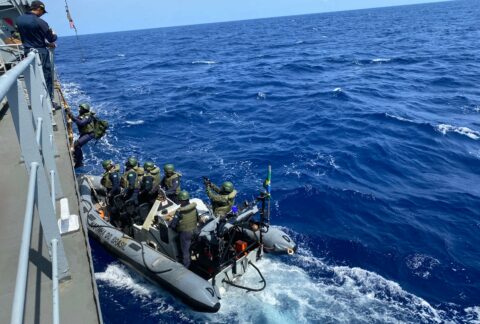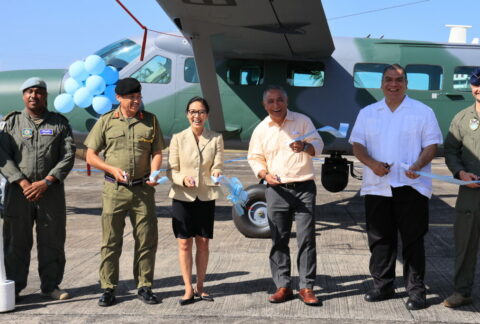Police officers from 32 countries arrested more than 200 people during a multinational operation to combat human trafficking and migrant smuggling. During the operation, some 3,500 illegal migrants were identified in the Americas, Africa, Europe, and Asia.
These are results of Operation Turquesa II, an Interpol initiative that invited the Brazilian Federal Police (PF, in Portuguese) to participate in the global coordination of the activities. During the operation, the PF headquarters in Brasília was used as the command and control center for Interpol and Brazilian police officers. The operation was carried out for a week, between November 27 and December 4, 2020, supported by 50,000 checks against Interpol databases and information gathered by investigations from each national police.
Of the 200 arrests, more than 30 were associated with sexual exploitation of migrant women and victims of human trafficking.

In Mexico, local police officers who participated in Operation Turquesa arrested the alleged leader of a Mexican organized crime group that smuggled migrants on speedboats from Cuba to the United States. Once in Mexico, the migrants were taken to a house, deprived of their freedoms, threatened and tortured, according to Interpol.
About 100 victims of human trafficking were identified and rescued in Brazil, Chile, the Dominican Republic, El Salvador, Spain, and Uruguay.
“Operation Turquesa II shows how organized crime groups continue to take advantage of vulnerable people seeking a better life, especially during the COVID-19 pandemic, and demanding large sums of money, with little or no concern for their welfare,” said Jürgen Stock, secretary general of Interpol, on December 11, during an assessment of the operation’s results.
Cases in Brazil
In Brazil, 17 people were arrested during Operation Turquesa II, most of whom were accused of participating in a human smuggling network. According to the investigations, these criminals would charge more than $18,200 to send people to the United States illegally.
The victims of human trafficking and smuggling in Brazil are mostly from Bolivia, Paraguay, and Venezuela. They usually settle in São Paulo, where they work in conditions considered similar to slavery.
“During the last three years, the PF rescued one victim every two and a half days and arrested one human trafficker every three days,” said José Roberto Peres, coordinator of repression against human rights violations at the PF.
The United Nations (U.N.) considers human trafficking to be a modern form of slavery, when a person exercises control over another for the purpose of exploitation. According to the U.N., more than two million people worldwide are victims of this crime every year. Most of them are women, children, and teenagers who are lured into sexual exploitation or slave labor. Migrant smuggling is the facilitation of a person’s illegal entry into a given country for a financial benefit.









